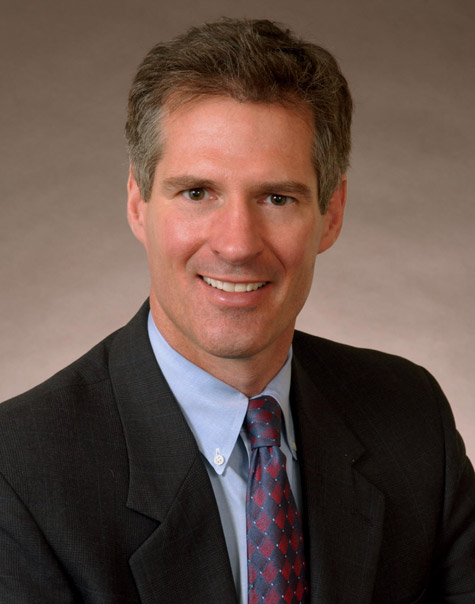
TEA LEAVES After Brown’s victory, is the rise of the Rhode Island GOP nigh? |
Republican Scott Brown's stunning victory this week in the race for the late Ted Kennedy's Senate seat in Massachusetts has created something approaching panic in the ranks of Congressional Democrats.
A lack of exit polling for the race makes it difficult to divine what, exactly, was behind Brown's capture of a seat held by Kennedy for 46 years. But it seems unlikely that Democrat Martha Coakley's lackluster campaign was the only culprit.
Observers say voters, in the deep-blue Bay State, were voicing at least some opposition to what a growing segment of the body politic views as an overreach — a too-liberal agenda in Washington. And that can't bode well, come November, for Democrats up and down the ticket. Even in Democratic bastions like Rhode Island. Right?
Well, maybe. Maybe not.
The Rhode Island Democratic Party — so dominant for so long — is right to be a bit nervous after watching the debacle across the border. In this economic environment, says Marion Orr, director of Brown University's Taubman Center for Public Policy, "all incumbents will have to watch their backs."
But Orr says Representatives Patrick Kennedy and James Langevin, both Democrats, should not be all that concerned about the fall elections. "My guess is that Langevin and Kennedy, in terms of a general election, would survive a challenge — in part because the Republican Party has not been able to put up the kind of candidates who rally support," Orr says.
But Kennedy's Republican opponent, John J. Loughlin II, has shown at least some of Brown's spunk. He's posted decent fundraising totals in the early going — totals that are sure to balloon if conservatives nationwide think another Kennedy seat can turn red. And he's shown a penchant for the good quip.
Still, Kennedy has beat back strong Republican challenges in the past. And after raising millions of dollars for his colleagues over the years, he has plenty of chits to cash in.
Langevin's Republican challengers do not have quite the same profile as Loughlin. But the congressman faces a Democratic primary fight with former state Representative Betsy Dennigan. Independents, who are possessed of the strongest anti-incumbent feeling, will be able to vote in the primary. But observers say Langevin is not likely to face a Massachusetts-style populist uprising among the rank-and-file Democrats who tend to shape these races.
Still, if you want to know whether Langevin and Kennedy are nervous, says Darrell West, a former Brown University political science professor now with the Brookings Institution, keep an eye on your television set. If they start running ads early in the summer, that's a sure sign.
Of course, national politics bleeds into local legislative contests as well. So Smith Hill is sure to be reading the tea leaves after the Brown-Coakley showdown. But it is far from clear that a GOP that has struggled to field a full slate of candidates in the past will put up a credible challenge to a Democratic establishment that dominates the General Assembly.
Still, West says, "If there's ever a political climate where it's possible to find candidates, this is it." That same maxim should hold true for the new Moderate Party — which was born at the right time, it seems.